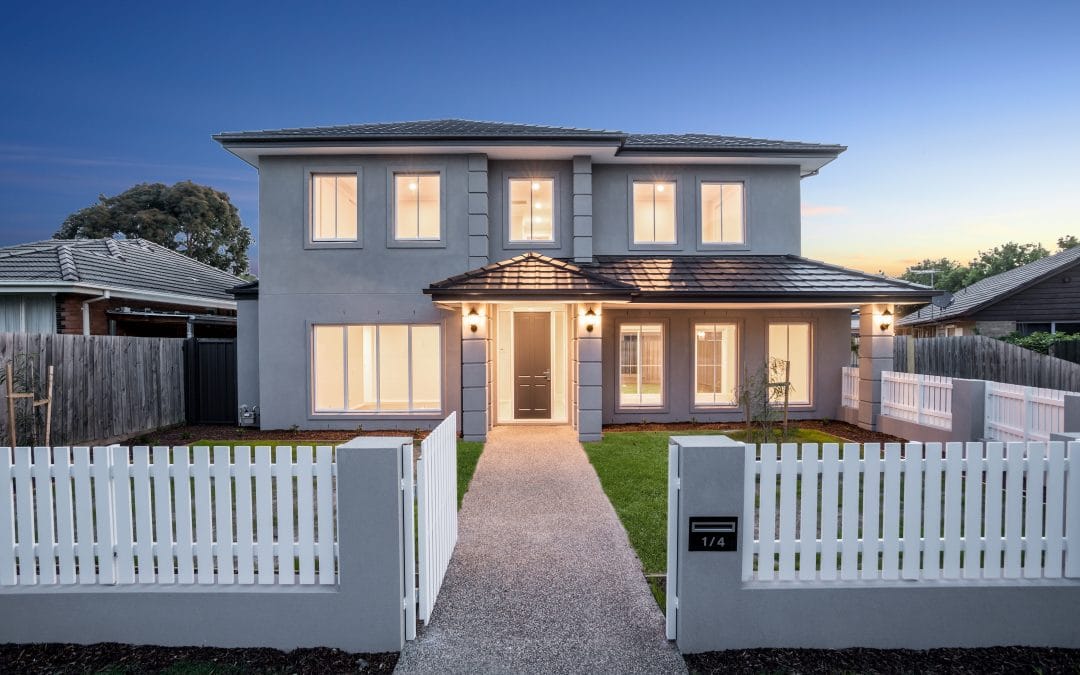Building a home for the first time can be an exciting, but stressful prospect, full of challenges and important decision making. One of the most difficult decisions you’ll make during the process is choosing the right builder for the job. While it can be tempting to opt for the builder offering the significantly cheaper option, this price tag may not be wholly accurate and could lead to complications and budget concerns later down the track.
It’s a problem we’ve seen clients come up against again and again. Keep reading to find out how you can avoid this issue and make sure you’re receiving tender documents that are detailed and accurate.
What is a ‘tender’?
Simply put, a tender is a document that outlines exactly what your project will entail and the budget for the entire project. In construction, a tender process often sees multiple builders put forward their plan and price to the client. From this, the client chooses the right builder based on value and efficiency.
What should be included in a tender, and what should you look out for?
A quality builder will provide a full tender, which will include all site costs as per the designs completed.
One issue that can arise during this stage is when a client seeks alternative pricing but doesn’t provide other builders with all the required documentation. This means that the pricing provided will be lower, as it does not contain the price of the required site works. This gives the illusion that opting for this builder will be cheaper, when they actually haven’t included crucial costs that will be necessary for your build.
Another issue in tenders is that some builders will only provide what is called a “budget estimate” where “to be confirmed upon final design” is flagged repeatedly in the documentation. A budget estimate is more often a ‘feels like’ type of price, and will usually change when the builder has obtained all relevant documents required to provide accurate pricing.
Finally, one element to be wary of is if a builder has certain activities being included ‘as per plan’ – but does not have details about what exact works will be involved. In this instance, a client may move ahead with the cheaper service, but the builder will soon exhaust their allocation for site works, as they haven’t quoted based on accurate documentation. At this point, the client will be liable to pay upfront, as these additional costs will be passed on as a variation and banks don’t cover these costs.
How do you avoid miscalculations?
When asking for tenders from builders, take the time to ensure both quotes are as detailed as possible and based on the same documentation. Only then will you be able to make a true comparison of costs and an informed decision on who is the best choice to build your new home.
___
Looking to work with a builder who provides a transparent building experience with upfront costs? Get in touch with RODA today






